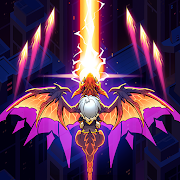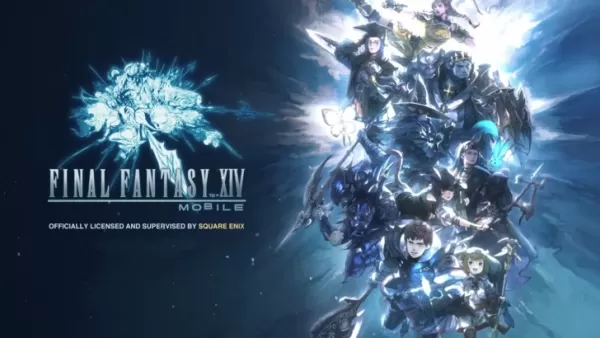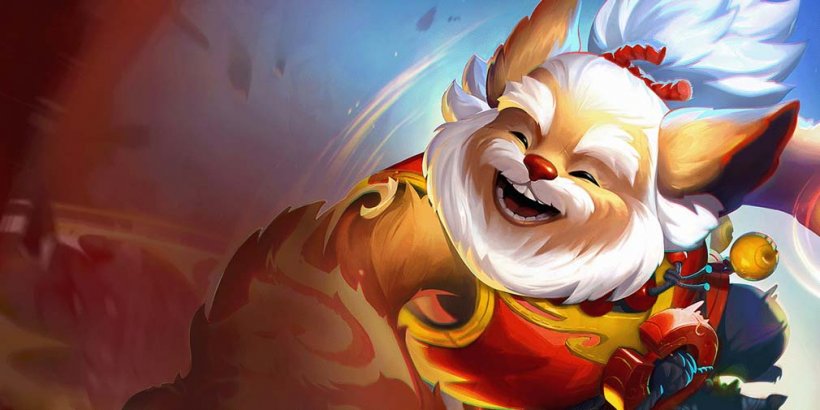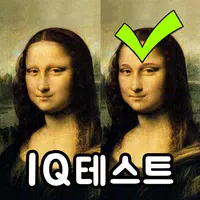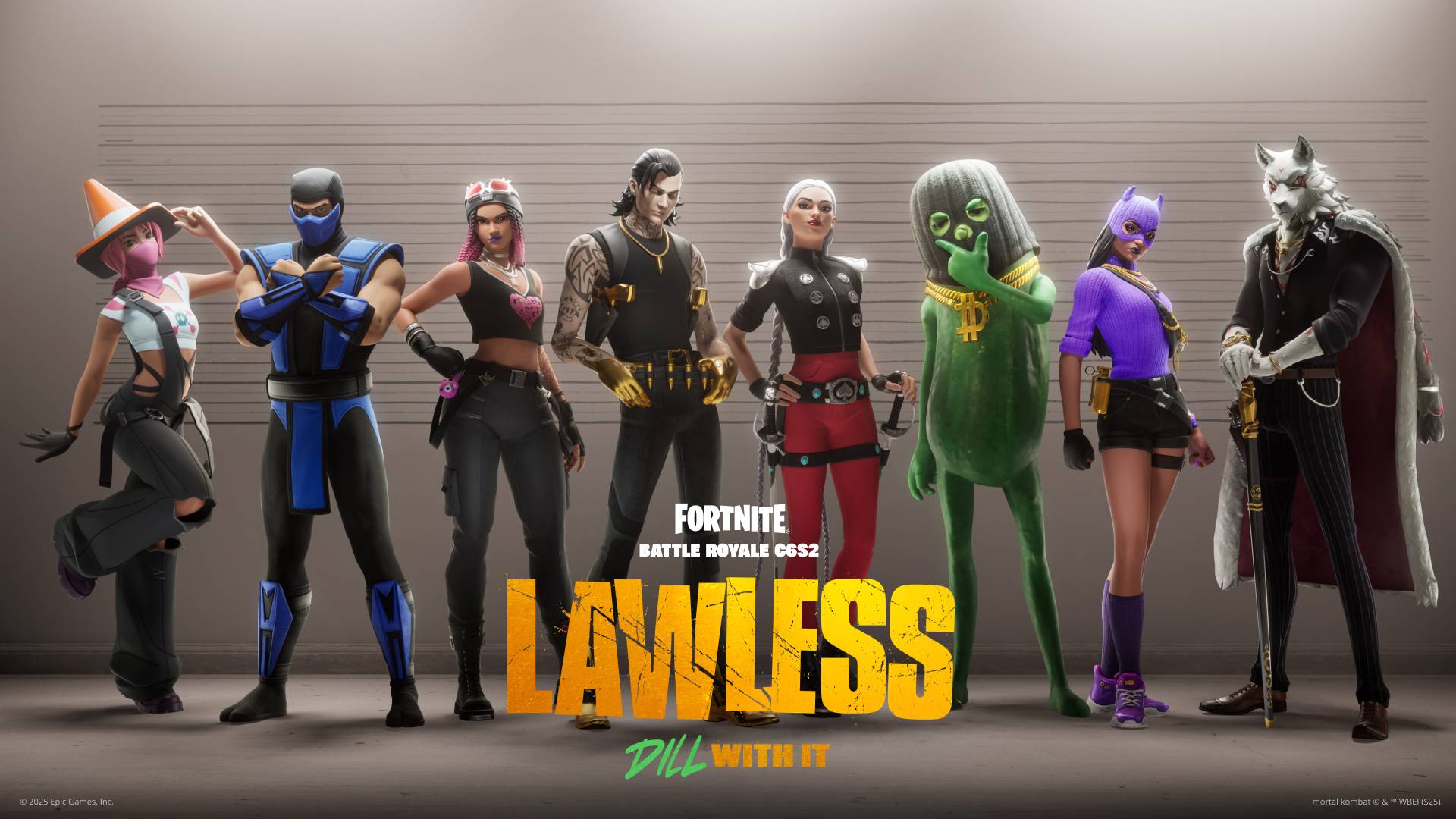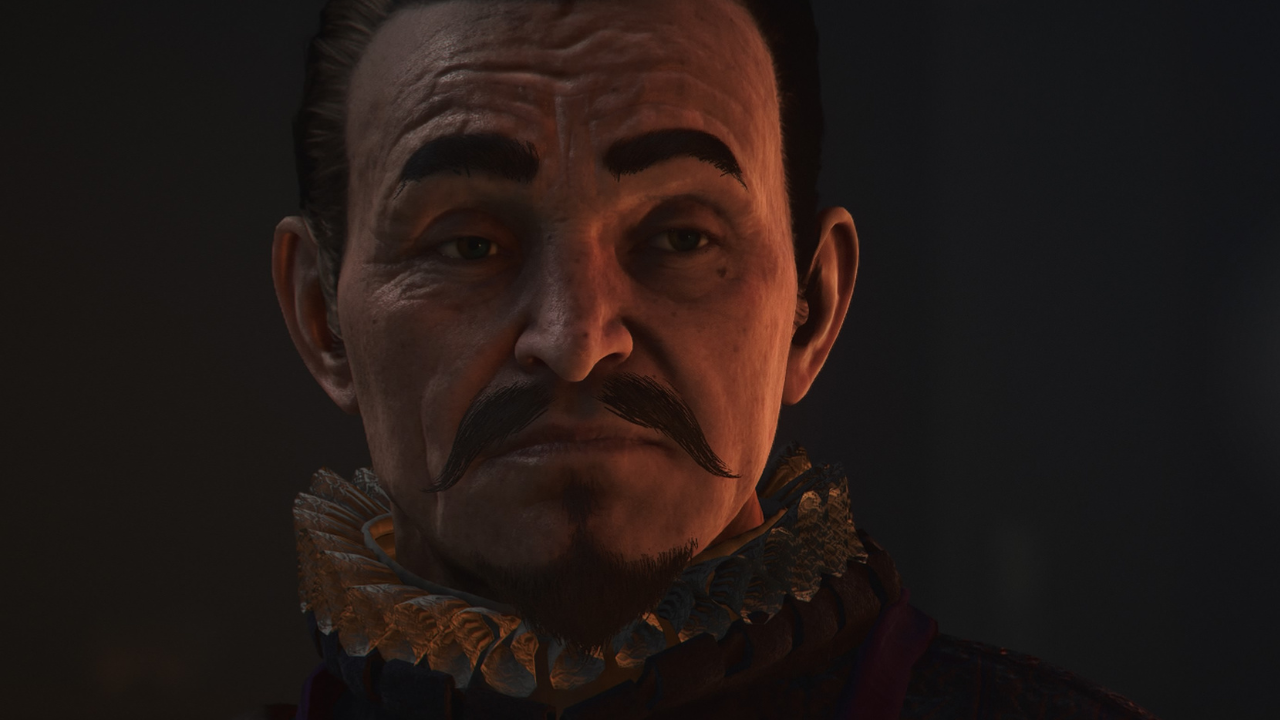Reinvention Is Key to God of Wars’ Continued Success
The God of War series has been a PlayStation mainstay for four console generations. Kratos' vengeful journey, beginning in 2005, has defied expectations, thriving where other long-running franchises faltered. This longevity stems from a willingness to adapt. The pivotal 2018 reboot, transplanting Kratos from Ancient Greece to Norse mythology, dramatically altered presentation and gameplay, but even before this, Sony Santa Monica subtly evolved the series, ensuring its survival.
Reinvention remains crucial for future success. Director Cory Barlog hinted at potential Egyptian or Mayan settings, and recent rumors resurface this Egyptian possibility. The allure is understandable; Ancient Egypt offers a unique culture and rich mythology. However, a new setting is just the beginning; future God of War installments must reinvent themselves, building upon the successful components of the Greek trilogy, refining and improving them, much like the transition to the acclaimed Norse games.
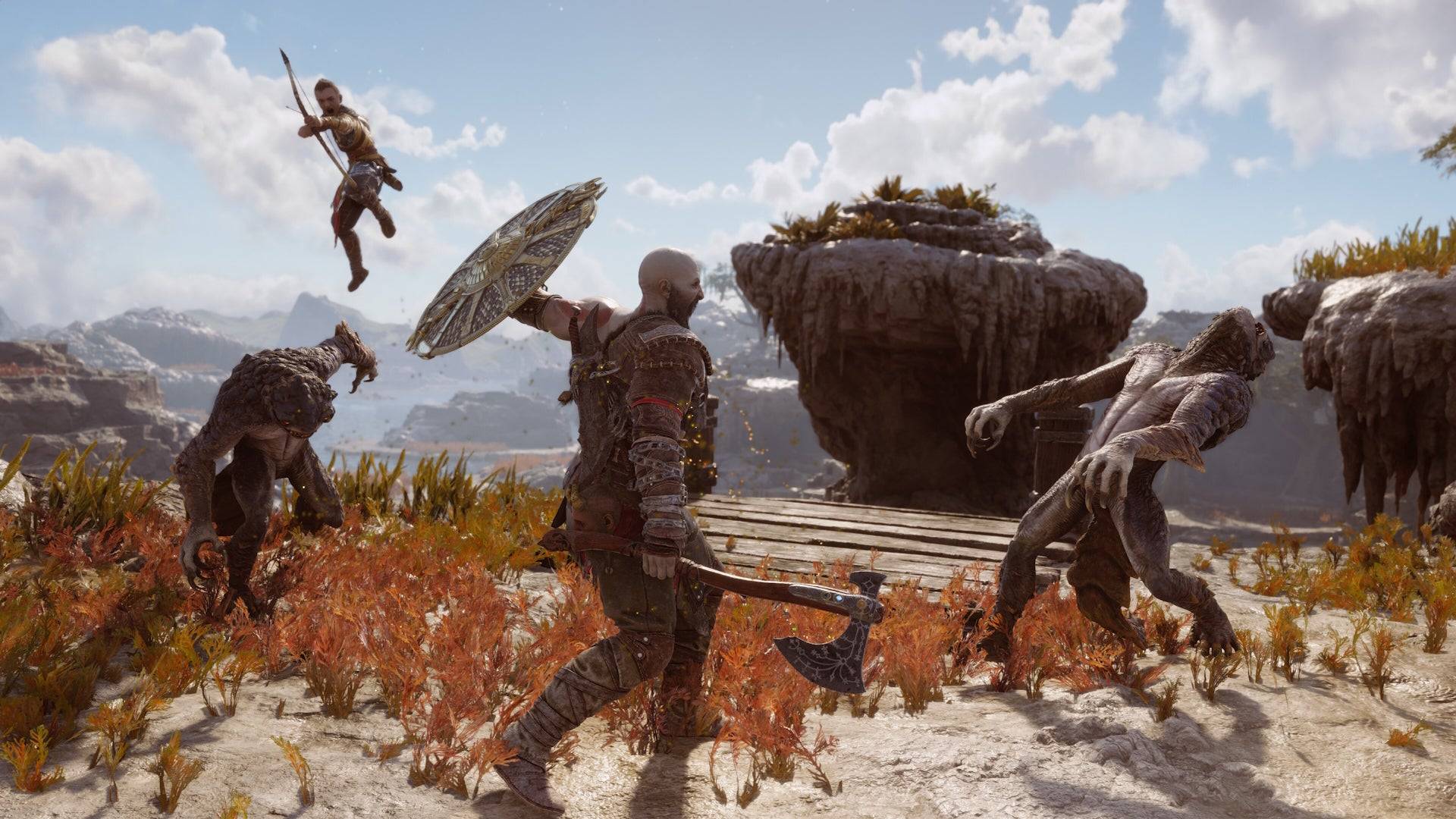
The Greek trilogy, spanning a decade, progressively refined its hack-and-slash gameplay. By God of War 3, Kratos wielded a revamped magic system complementing melee combat, facing diverse and challenging enemies. The PlayStation 3's enhanced power allowed for improved camera angles, showcasing the game's graphical prowess.
The reboot, however, sacrificed some elements of the original games. The Greek trilogy's platforming and puzzle elements were largely removed in the Norse games, due in part to the new over-the-shoulder camera perspective. Puzzles remained, but were redesigned to fit the adventure-focused narrative.
God of War: Valhalla, the roguelike DLC for Ragnarök, interestingly brought back battle arenas, a feature from the original trilogy, adapting them to the Norse setting. This mirrored the story, which saw Kratos confront his past in Valhalla. The return to Greek roots, mechanically and narratively, completed a thematic circle for Kratos.
The Norse games aren't mere reinterpretations, though. They introduced the Leviathan Axe's throwing mechanics, a parry system enhanced by various shields, and Ragnarök's fast-paced magical spear. These tools facilitated exploration of the Nine Realms, each with unique enemies and aesthetics.
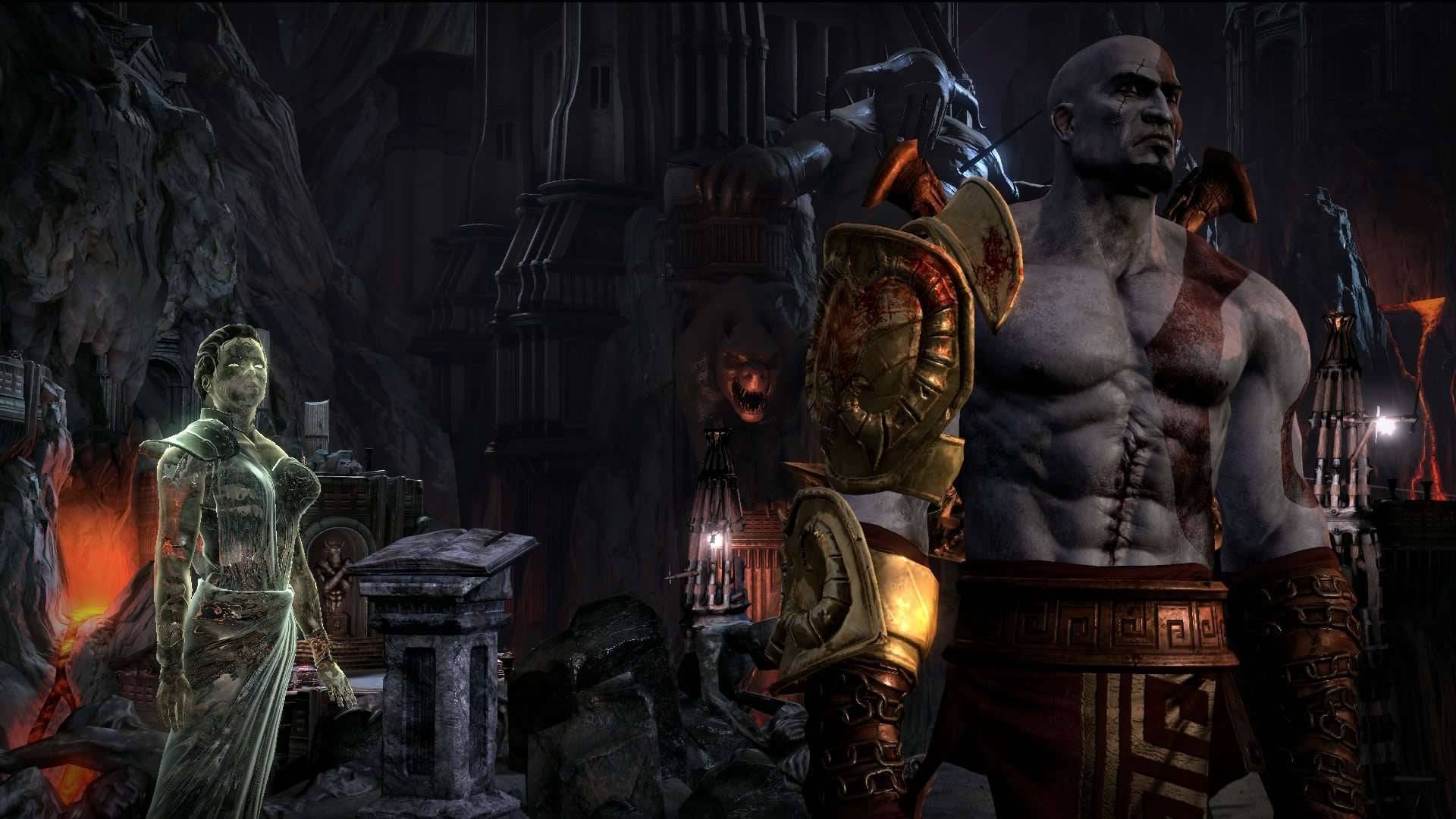
Beyond mechanics and exploration, the most significant difference lies in storytelling. The Norse duology delves into Kratos' grief and his complex relationship with Atreus, a far cry from the original trilogy's more brutal narrative. This emotive approach significantly contributed to the Norse era's success.
God of War's transformation reflects a unique approach to franchising. The Norse games aren't sequels, but extensions of Kratos' journey. This philosophy should guide future installments.
Radical reinvention isn't guaranteed success, as Assassin's Creed demonstrates. While profitable, its frequent changes in setting and time period haven't consistently resonated with fans. The shift to open-world RPGs, starting with Origins, weakened the connection to core lore, leading to criticism of content bloat and a departure from assassin-focused gameplay.
Assassin's Creed Mirage, a soft reboot, attempted a course correction, returning to earlier gameplay and a shorter narrative, receiving positive reception. Assassin's Creed Shadows seems to continue this trend.
AnswerSee ResultsAssassin's Creed's experience highlights the risk of abandoning a series' core strengths. God of War skillfully avoided this. The Norse games, while a departure, retained Kratos' compelling nature and the series' core combat. It built upon the foundation of the Greek trilogy, adding features like enhanced Spartan Rage, new weapons, and expanded combat options, deepening lore without sacrificing identity.
Future installments, regardless of setting (Egyptian or otherwise), must maintain this evolutionary approach. The Norse games set a high bar for combat and storytelling. The next God of War will be judged on its narrative, building upon the character development of Kratos and striving for bold, memorable changes.


